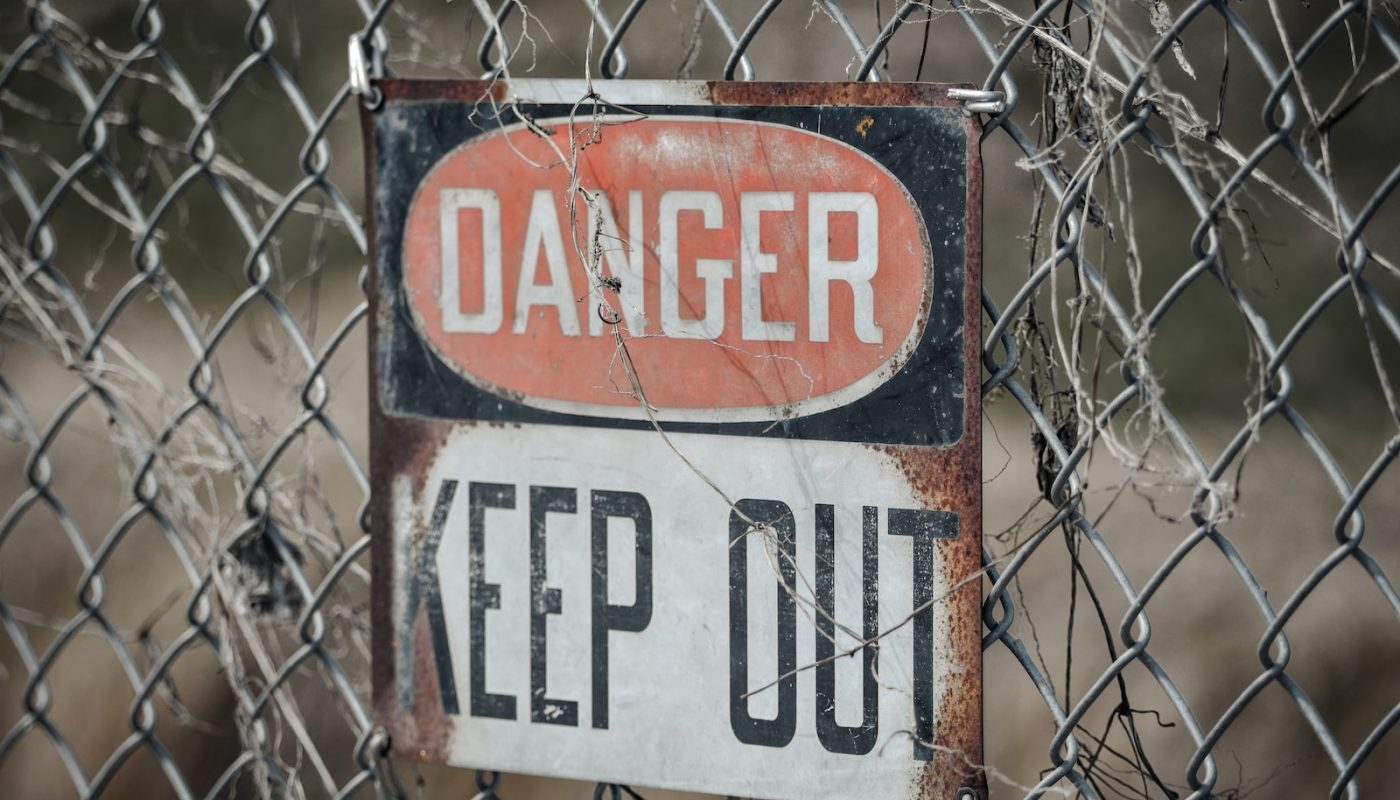One trend that’s quickly becoming part of the social landscape is using “hunger blocker pills.” These are weight-loss supplements that claim to allow people to continue to consume food in a maintenance phase, even if they’re no longer hungry or still full from a previous meal. The reality is that these pills might do more harm than good.
What are hunger blocker pills?
Hunger blocker pills are a type of medication that help to block the sensation of hunger. They are typically taken as a pill once or twice a day. Hunger blocker pills can be helpful for people who are struggling to lose weight or who have difficulty controlling their appetite.
However, hunger blocker pills may also carry many risks. For example, hunger blocker pills can interact with other medications you take, which may cause unwanted side effects.
Additionally, hunger blocker pills can also lead to weight gain if you do not take them correctly. If you are considering using hunger blocker pills, it is important to discuss the risks and benefits with your doctor.
How do they suppress your appetite?
Hunger blocker pills (also known as appetite suppressants) work by reducing your appetite.
Some people take them to lose weight, while others take them to control their food intake in order to prevent weight gain.
Despite their purported benefits, these pills can have a number of side effects, including:
- drowsiness,
- dizziness,
- confusion,
- difficulty breathing,
- and even heart problems.
So should you take them? What are the real risks?
The dangers of hunger blocker pills are multiple and varied. Many side effects are due to the medication’s suppression of the body’s natural hunger behavior – meaning that you may not feel hungry when taking them but may become ravenous after discontinuing their use.
Additionally, many people experience adverse effects related to the way that these pills affect the brain.

Can they create dependence leading to serious issues like eating disorders?
Hunger blockers, like phentermine and topamax, can work as an appetite suppressant, helping people to lose weight. When taken in high doses, they can be habit-forming, leading some users to use them regularly even if they’re not feeling particularly hungry.
The real danger of these hunger blocker pills is that they can create dependence.
People who use them regularly may find it hard to stop using them or to reduce their dosage, potentially leading to more serious issues like eating disorders or weight gain. Taken in high amounts, these drugs can damage the liver as well.
Conclusion
Hunger blocker pills are often marketed as a safe and convenient way to tackle overeating. However, this is not really the case.
Hunger blockers can actually have dangerous side-effects, such as water retention and weight gain.
If you are considering using hunger blockers in order to lose weight or manage your appetite, be sure to speak with a healthcare professional first to make sure that this is the best course of action for you.



